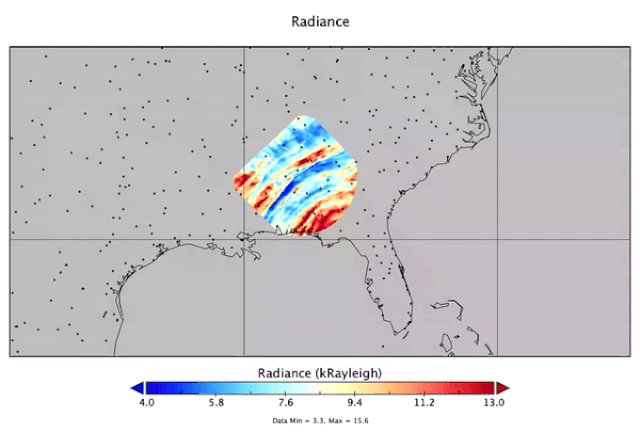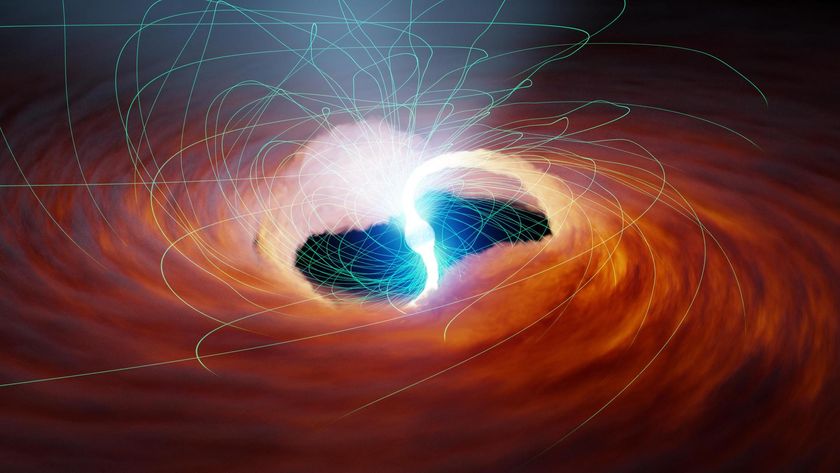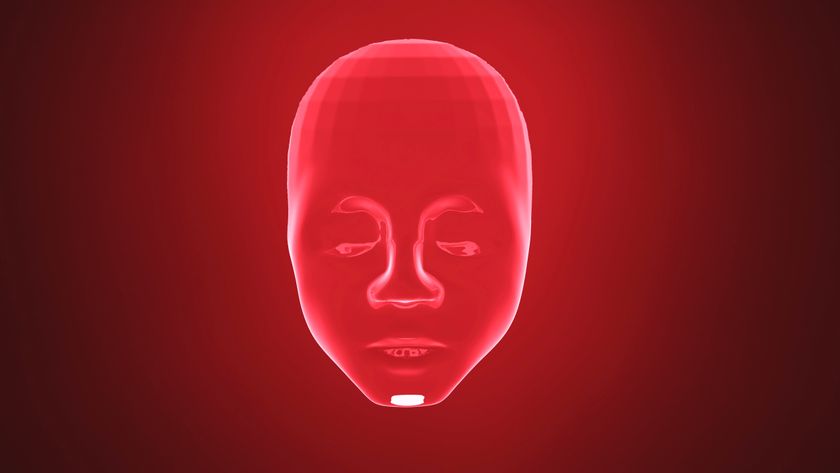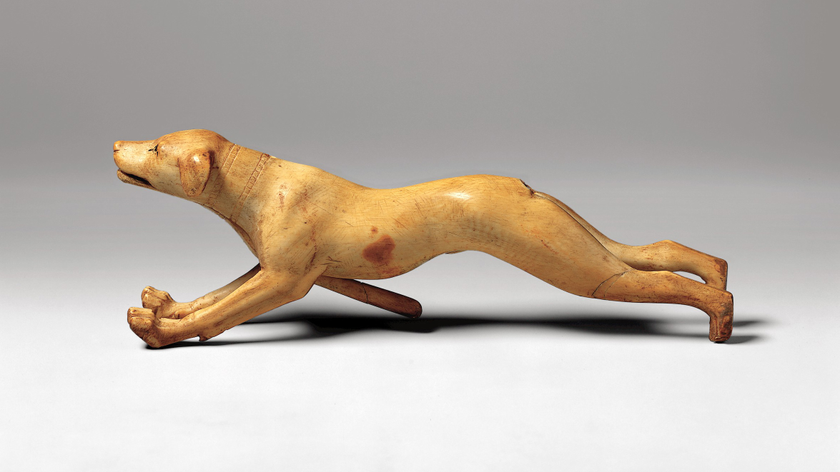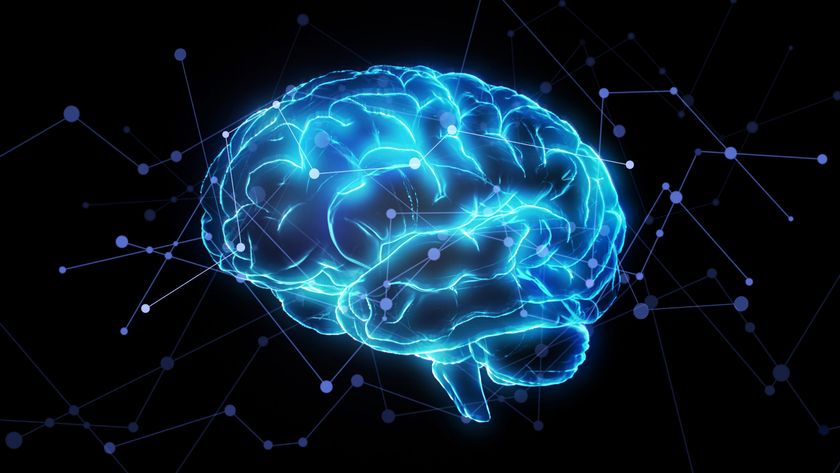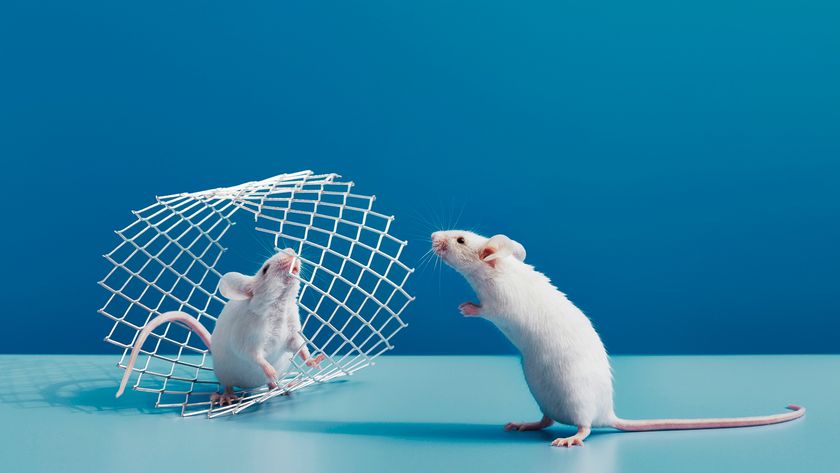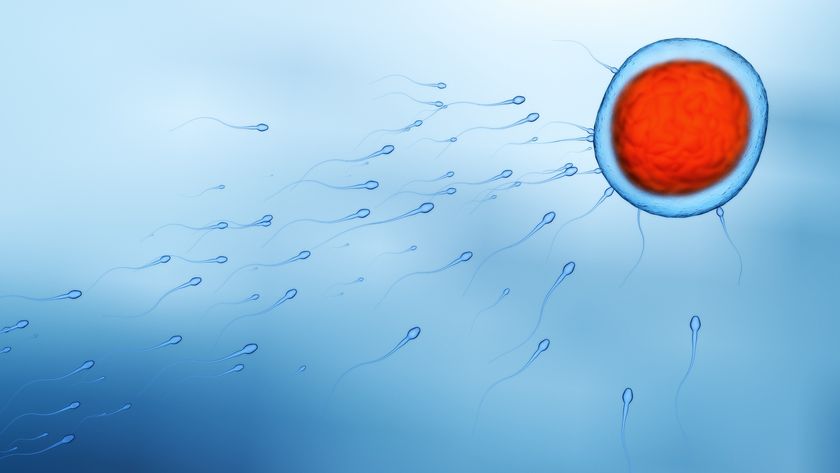Your Perception of Gravity Is All Relative, Study Finds
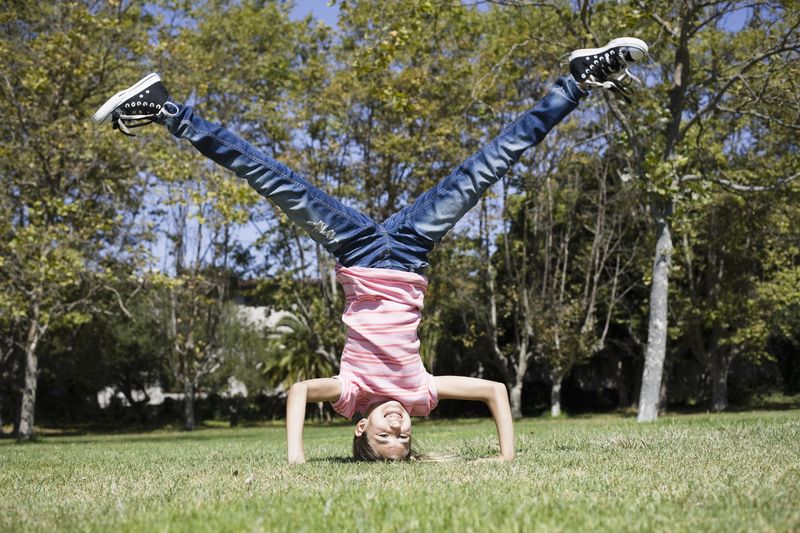
In a discovery that could turn science on its head, researchers now find that you are a better judge of how objects fall when you are upright than when you lie on your side.
Our senses are known to play tricks on us. For instance, we can keep our balance when our eyes are closed, but are better at doing so when we open our eyes or touch a surface. This shows that our brain perceives gravity's direction through multiple senses -- our vision and the so-called vestibular system in our inner ear, among others.
Still, is any one sense more important than the others for discerning the pull of gravity and its effects? Answering this question could help astronauts deal better with microgravity as well as patients who have problems with their stability, such as those with Parkinson's disease and muscular dystrophy.
To measure how well people gauge how objects might fall, scientists equipped 15 volunteers with laptops that showed computer-rendered pictures of vaselike objects tipped at various angles over the edge of a table and asked them to indicate whether each item would fall or right itself. They were also asked to judge if a line on the screen was tilted clockwise or counterclockwise relative to which way was down. The participants were tested while they were sitting upright and lying on their sides.
The scientists found that volunteers were typically better judges of how objects fall when they were upright than when on their sides. Apparently, our perception of an item's stability is often biased toward the tilt of our bodies rather than visual cues of gravity's true direction. For instance, the Tower of Pisa "may appear more stable than it is if you lay in the same direction of its lean," said researcher Michael Barnett-Cowan, a postdoctoral neuroscientist and project leader for motion perception at the Max Planck Institute for Biological Cybernetics in Tübingen, Germany. "Lay in the opposite direction, and it may appear even more likely to fall."
People are reasonably good at predicting how objects will fall and estimating gravity's direction when we are upright "presumably because we spend most of the time with an upright posture," Barnett-Cowan noted. "This may explain why we go to great extents to align ourselves with gravity in order to engage in the world most optimally. [Why Time Seems to Slow Down in Emergencies]
Extreme sports are a good example."If you watch people surfing, skateboarding and racing motorcycles, they will try to keep their head upright as much as possible," he said. "However, because we rely on information from different senses to come up with the best estimate of gravity's direction, we are prone to error when this information is no longer in agreement."
Sign up for the Live Science daily newsletter now
Get the world’s most fascinating discoveries delivered straight to your inbox.
Intriguingly, the way in which the brain integrates data from our senses apparently differs.
"Participants in our experiment fell along a spectrum from those that based their judgments mainly on gravity's true direction to those that were more dependent on vision and the sense of their body," Barnett-Cowan told LiveScience. "Why some people are more biased by their body orientation than others likely arises from the sense of their body being more reliable than the other senses, which may change with experience and damage to the senses or the way in which sensory information is integrated in the brain."
The researchers now plan to investigate the role of each sense involved in our perception of the stability of an object. "Administering our task before, during and after exposure to microgravity, for example, can help determine how objects are perceived as stable in the absence of gravity and whether the brain adapts to such environments by changing the relative role of sensory cues," Barnett-Cowan said. [Is There Gravity in Space?]
These findings might help better understand why people, particularly children, have difficulty in solving "problems of equilibrium" such as the vase task the researchers used. "Our results suggest that these problems may arise from how information from the different senses are integrated in the brain," Barnett-Cowan said.
These findings might also yield insights into patients who have sensory problems. "In a previous experiment working with patients with Parkinson's disease, my research team in Canada and I were able to show that these patients rely less on their body and more on gravity when having to recognize objects in different orientations," Barnett-Cowan said. "If this is the case for perceived object stability, then we would predict that patients with Parkinson's disease may actually be better judges of object stability than nonpatients."
The scientists detailed their findings online April 27 in the journal PLoS ONE.
Follow LiveScience for the latest in science news and discoveries on Twitter @livescience and on Facebook.

